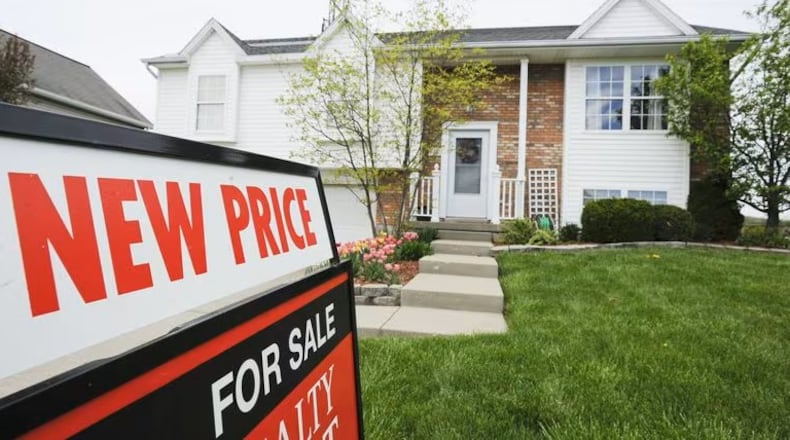According to an auditor’s office report the highest delinquency rate was 9.12% in the midst of the Great Recession in 2010. The rates are fairly fluid because people are always paying their bills, the average over a decade was 4.2% at the close of collections. Neighboring Warren County had a 2% delinquency rate on $617.2 million billed this year. Montgomery County reported a 1.5% delinquency rate on $1 billion billed this year.
McNamara attributes the relatively low delinquency rates over the past couple years to the concerted effort by county leaders to warn taxpayers huge hikes were coming.
“When we let people know what to plan for and that there is going to be a big tax increase I think people have been making choices,” McNamara said. “I think when people know they are going to get a shock they can plan for it.”
But that’s not the only contributing factor, he said he has a fairly “lenient” repayment plan because “I’m not in the business of foreclosing at the drop of the hat.” Also unlike some other counties, Butler does not sell tax liens to a third party for collection, they work directly with taxpayers to help them come current on their obligation.
“All these little things that we do combined, working with the taxpayers to keep them current, not selling tax liens and letting them know what their options are and what other organizations are out there and able to help them I think combine for a lower delinquency rate,” he said.
Skipping the tax deadline can be costly and compounds the problem. As prescribed by state law, a 10% late fee is charged immediately after the deadline, but if they pay within 10 days the penalty is halved. Interest on the unpaid amounts is also charged. As long as a payment is postmarked by the deadline no penalties will ensue. The delinquency charges last year amounted to $30 million and this year totaled $25.9 million.
Most if not all counties offer payment plans and the state is somewhat liberal in allowing them to craft their own repayment criteria. McNamara said basically they draw up a contract giving a taxpayer 60 months to pay off back taxes — while still keeping current with new charges — but extenuating circumstances are considered. He said they currently have contracts with 744 taxpayers who owe a total of $2.67 million, but about 100 contracts will be voided soon.
McNamara said given the current economy and property tax crisis he has been more lenient than usual.
“Because of the shock to the taxes, the inflation and the economy and the general economic environment I’ve been allowing taxpayers who are delinquent to have additional payment plans, more than we would under other times,” McNamara said. “It’s my obligation to collect the tax money and it doesn’t help if I get into protracted foreclosure environment, where it might be two years before we see any of that delinquent money and we have another resident that’s lost their home.”
Gov. Mike DeWine convened another property tax working group after vetoing nearly all of the tax reforms the legislature knitted into the biennium budget. That group is considering relaxing some of the laws regarding penalties and interest on delinquent taxes.
This year the tax collection increased countywide by about $17.3 million and $6.4 million of that can be attributed to new and additional levies approved by voters. Everyone saw an $18 per $100,000 of property value hike for the Mental Health and Addiction Recovery Services Board levy. It replaced an existing levy that expired and the net increase was $4.2 million.
Taxpayers in Lemon and Liberty townships, New Miami and Oxford collectively approved another $2.2 million in additional taxes.
There are numerous problems with the state’s property tax system and efforts to fix it have been stymied. The commissioners have held several forums with other local and state leaders, at one of them State Rep. Jennifer Gross, R-West Chester Twp. noted taxpayers themselves have power over their own purses.
“When you vote on levies you are raising your own property tax,” she said. “It may be a good thing, it may be elderly, mental health, it may be libraries, it may be schools but every time you vote on a levy you are raising your own property tax.”
About the Author
